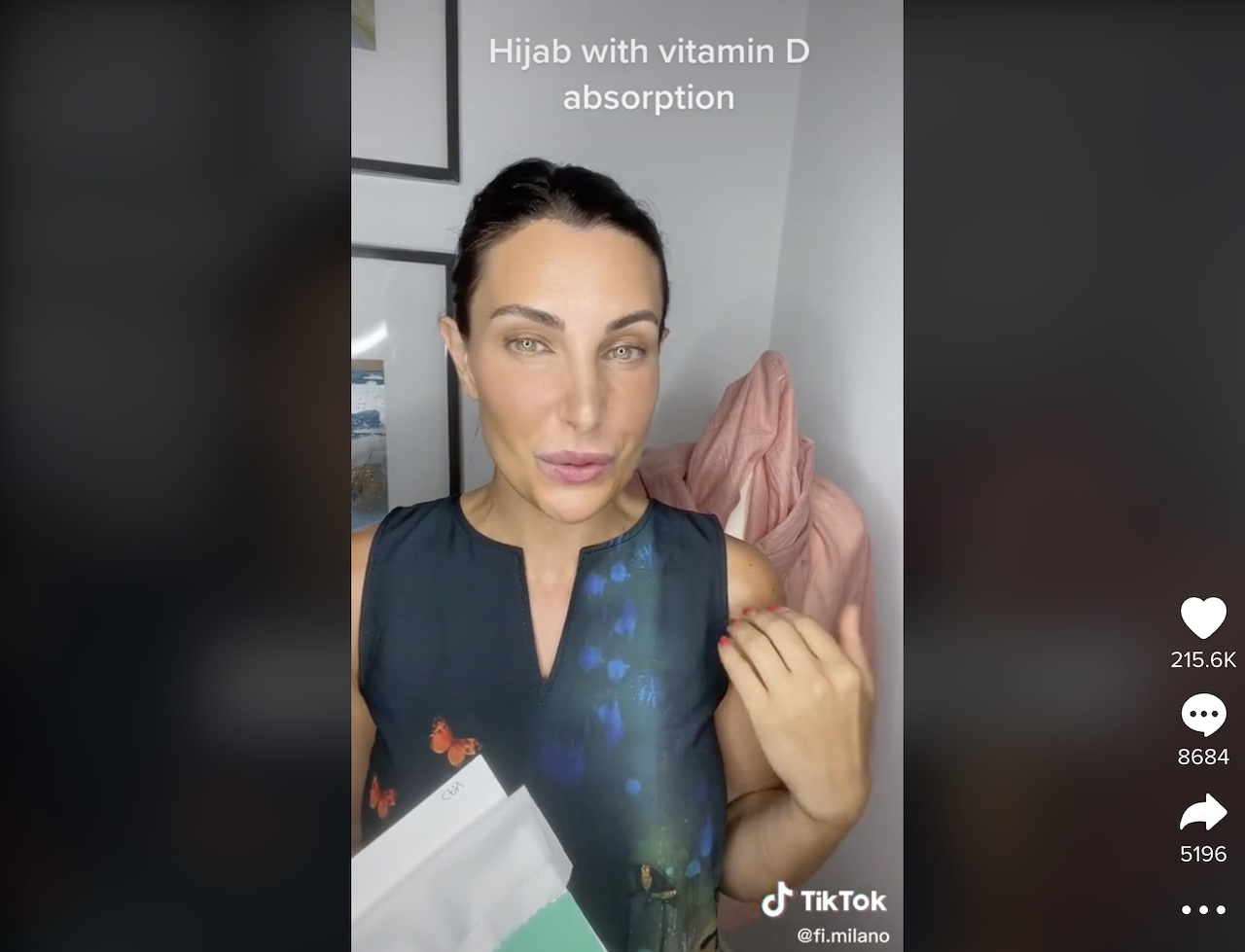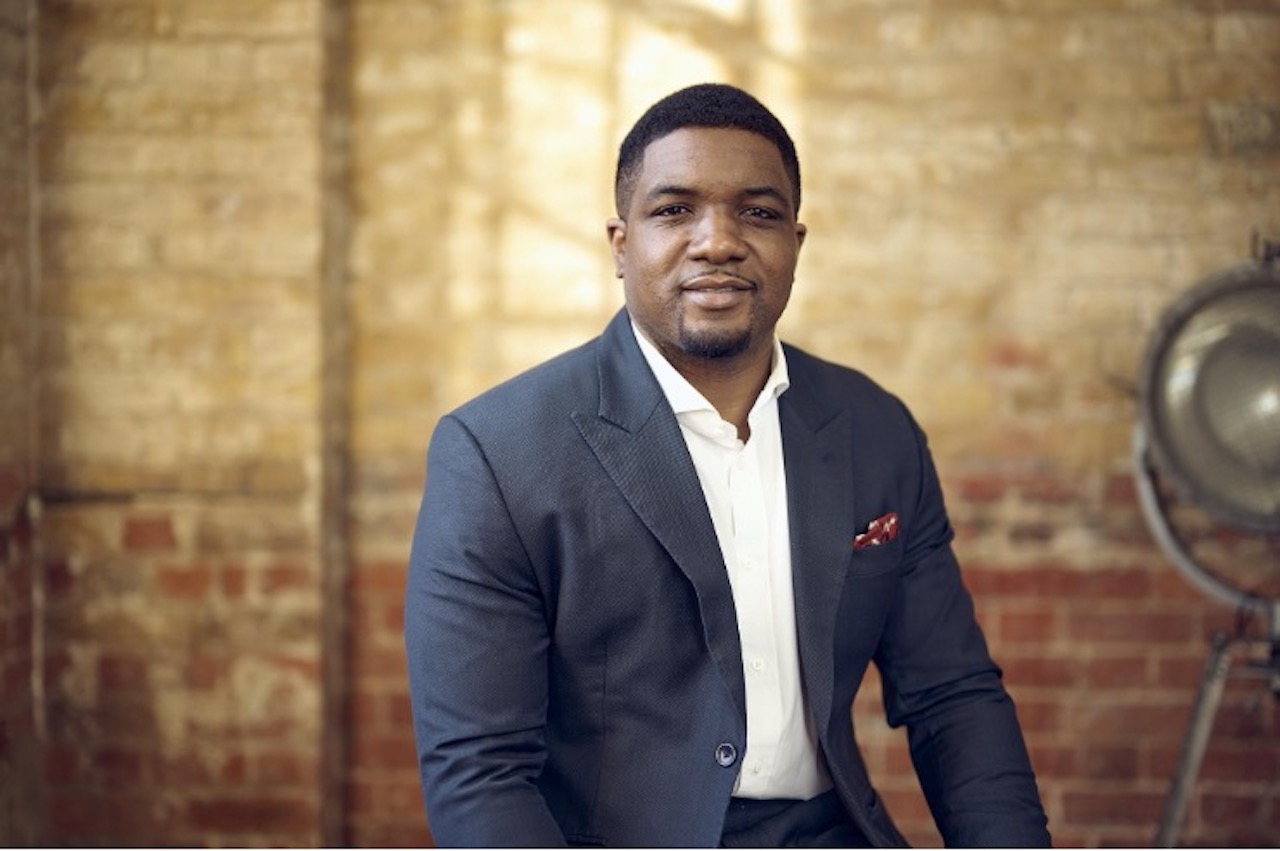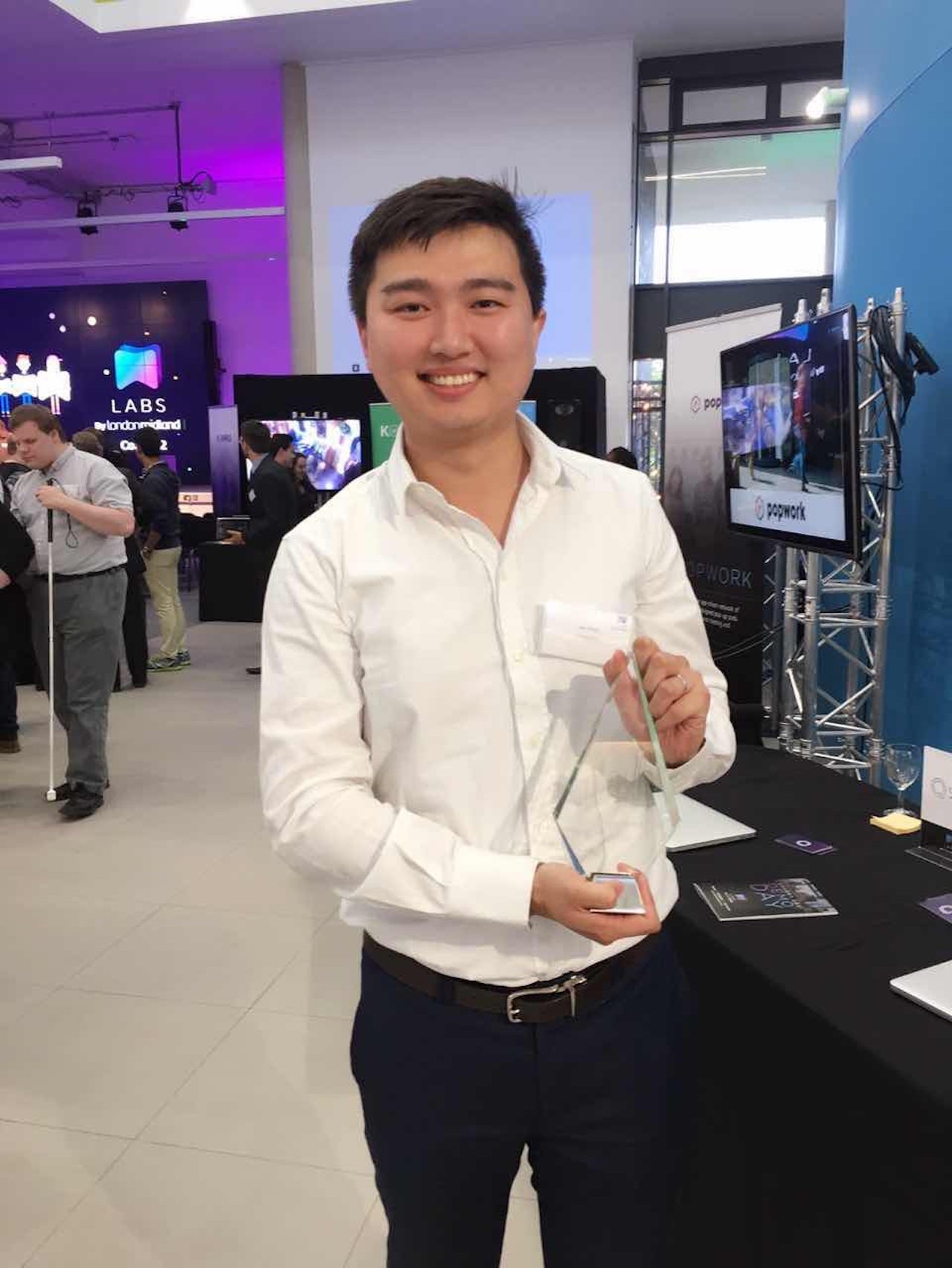
Trendspotting is always popular between December and January, as thought leaders and influencers seek to pin their reputations to the big things that will come to define the year ahead, whether in terms of business or society more generally.
With all of the focus on “the next big thing,” we risk overlooking the small but important steps humanity is making in the right direction.
So we’ve taken a look at the business and culture microtrends that have the potential to make the world a better place in 2023, from smart fabrics that can support improved health, to tech that supports improved access to transport for disabled people.
Ethical platinum jewelry
As consumers, we’re becoming far more conscientious and concerned with the ethics behind the products we buy. But in many cases, we’re asked to take the word of the brands themselves about how sustainable and ethical certain products are.
A trend we’re hoping to see grow in 2023 is brands and producers that are putting the power back into the hands of their consumers and letting them see for themselves how sustainable and ethical a product might be.
Platinum Guild International, a worldwide marketing organization dedicated to creating, expanding and strengthening consumer and trade markets for platinum jewelry, has launched the innovative Responsible Platinum Jewellery Portal so that savvy consumers can do just that.
And as well as helping consumers make informed decisions about the investments they make in their jewelry, there’s a wealth of information available to help them understand the steps the platinum industry is taking to address issues around sustainability.
A spokesperson for Platinum Guild International said: “Consumers are paying increasing attention to this trend, and in some markets, they are willing to choose jewelry that has a positive environmental and social impact at a premium.”
Vitamin D absorption supporting smart fabrics

As many as 1 billion around the world are feared to have a Vitamin D deficiency. Peer reviewed studies have shown 50% of the world’s population do not produce as much of the vital nutrient necessary to keep teeth, bones and muscles healthy. It’s a problem that can affect anyone at any time, but the issue is more pronounced for people who are unable to get enough sunlight.
One innovative designer is setting out to tackle this under-reported problem using a combination of science and social media. This spring, Fi Paziana, a former investment banker turned designer will be launching a brand new range of modest fashion, including a hijab made from her patented 100% natural, organic smart fabric Vylet®️.
Fi decided to accelerate the launch of her brand just in time for World Hijab Day after one of her earliest TikTok clips – where she shared her vision and asked for feedback — went viral, amassing more than 1.2 million views.
Ahead of the launch, she said: “I’m incredibly excited with the impact the new garments can have for women – not only the intrinsic pleasure produced by wearing something which looks good in terms of cut and color, but also the physical and mental health benefits of the smart fabric itself.
“There are so many applications for this fabric in the future, for example into men’s modest fashion as well as leisure wear and more. This is only the beginning of the journey.”
A mentoring scheme to help people build their own networks
If you’ve paid any attention to the recent “nepobaby” trend, you’ll be painfully aware that a lot of the world’s most successful and wealthy people are where they are due to the power of their networks. While focused mostly on celebrities in the entertainment industry with famous parents, the sub-narrative to all of this is that people without powerful connections and networks are unfairly disadvantaged when trying to access prestigious and highly competitive industries.
Sylvester Lewis, a UK-based entrepreneur who studied a Masters in Engineering Science at Oxford University before moving into the finance industry is on a mission to change this. 2023 sees the launch of Coachcube, a mentoring platform aiming to democratize career and education opportunities.
Ahead of its launch, Lewis said: “For younger people, the world of work can feel like a different world in which they have no way of accessing it or tapping into it.
“There are certain education institutions, jobs and sectors which are associated with a certain socioeconomic background. As such, they are inaccessible to or unknown by a significant proportion of the UK population. Coachcube is keen to lead the way in reducing these barriers and make industries accessible to all.”

Improved access to travel for disabled people
The World Health Organization estimates that 16% of the global population — around 1.3 billion people — are disabled. In terms of participation and contribution to society, one of the main challenges disabled people face is access to transport.
One organization on a mission to correct this is Transreport, makers of the Passenger Assistance app. And 2022 was a landmark year for the UK-based startup, helping record numbers of disabled people travel more freely around the UK. And 2023 is set to be even bigger, with plans for delivering their technology into new territories and transport sectors.

Speaking last year, founder Jay Shen said of his mission:
“Accessibility is everyone’s business. Making the world more accessible for people with physical and cognitive impairments is important for everyone. We must keep in mind that only a very small number of disabled people have an impairment from birth. The vast majority of disabilities are acquired, often later in life. And for that reason, making public transport accessible is important for both the now and the future.
Waste reduction targets already being smashed
It’s easy for large companies to set ambitious targets on waste, but one thing that looks set to grow in 2023 is businesses announcing that they have already hit or exceeded their waste targets. IKEA and Del Monte are two of the biggest companies to announce that they’ve already hit their targets of 50% waste reduction in 2022.
Looking ahead to 2023, smart waste tracking solutions, popular in the Middle East for the last decade, appear to be growing in popularity around the world. While behavior change incentives, such as deposit return schemes, seem to be driving change at the local level.







